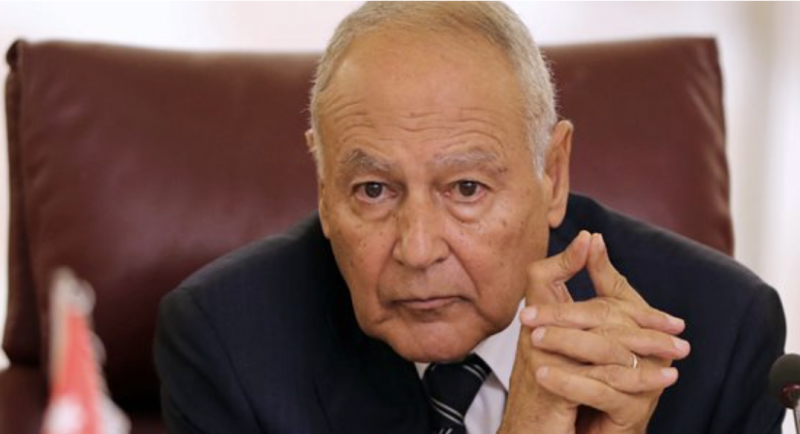Yemen's Houthis to defy international calls and try 24 members of the Bahai community


Yemen's Houthi rebels will defy international pressure on Tuesday as a new trial for 24 members of the Bahai religious community is expected to go ahead.
The Bahai in Yemen have faced severe persecution with several of its leaders on trial in cases in Houthi courts that have been condemned by the US and others as religious persecution.
Sam Brownback, the US ambassador-at-large for international religious freedom, voiced concern about reports a court in the Houthi-controlled capital of Sanaa was again summoning the Bahais, who in 2018 were accused of crimes including apostasy and espionage.
"We urge them to drop these allegations, release those arbitrarily detained, and respect religious freedom for all," Mr Brownback wrote on Twitter.
The Bahai community say that one of the 24 members to be tried on Tuesday was arrested because of his religious beliefs.
"The fact that this court case is proceeding at all is an outrage to justice. The Houthi authorities, directed by their Iranian benefactors, are dragging out a baseless case against the Bahais that is clearly religiously motivated,” Anthony Vance, Director of the US Bahai Office of Public Affairs, told The National.
“We hope the Houthi authorities would redirect their attention to serving the needs of the people, not arbitrarily persecuting a law-abiding religious minority,” Mr Vance said.
The Bahai faith was founded in Iran in 1844 and considers itself a universal religion. Iran’s Shiite religious establishment condemns the faith as heretical.
The Houthis are allied with Iran, which restricts the rights of Bahais despite allowing freedom of religion for Christians, Jews and Zoroastrians.
"The Bahais that are held in Sanaa are innocent and the physical and mental torture they are experiencing is designed to force them to admit to crimes they have not committed," Bani Dugal, principal representative of the Bahai International Community, said.
In December, the US designated the Houthis as a radical group for carrying out systematic, egregious breaches of religious freedoms, joining ISIS, Al Qaeda, Boko Haram, the Taliban and Somalia’s Al Shabab.
It is estimated that several thousand Bahais live in Yemen. Among them is Hamed bin Haydara, the head of the group in Yemen who in 2018 was sentenced to death for espionage and apostasy.
Mr Haydara was first detained in 2013, beaten and electrocuted, forced to sign documents while blindfolded, according to a press statement by the Bahai international community.
Appeals in his case are under review.
Mr Haydara’s next hearing is set to take place on March 31.

Washington – The U.S. Department of State announced that Saudi Foreign Minister Prince Faisal bin Farhan Al Saud held a phone call with U.S.…

Berlin – Germany has expressed deep concern over the recent escalation in southern Yemen, warning that the situation poses serious risks to r…

Cairo – The Secretary-General of the Arab League, Ahmed Aboul Gheit, has expressed profound concern over the dangerous and escalating develop…